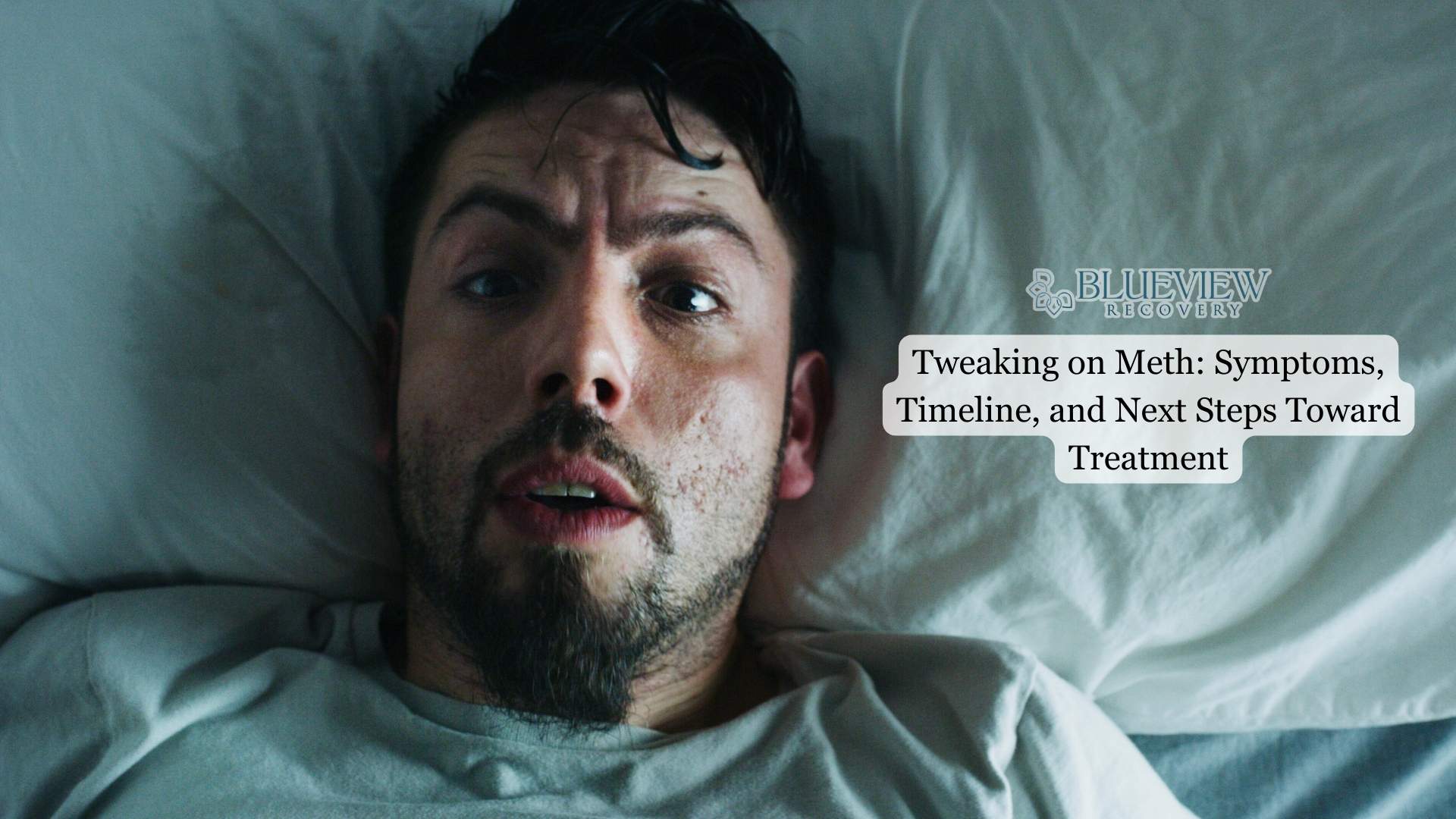Sober living environments play a vital role in supporting individuals in their recovery journey from substance use disorders. Within these recovery homes, house managers serve as crucial pillars, overseeing the day-to-day operations and creating an encouraging environment where residents can focus on maintaining sobriety.
In this article, we explore the vital role of house managers in sober living homes, their key responsibilities, and how they contribute to successful, long-term healing outcomes.

What Is a House Manager?
A house manager is responsible for overseeing the daily operations of a sober living house, ensuring that the environment remains alcohol- and drug-free. As administrators, they play a pivotal role in maintaining the structure and safety essential for recovery. They serve as role models and mentors, often drawing on their personal experience with addiction treatment to provide guidance and support to residents.
The transition from residential treatment to a sober living home is a critical phase in the recovery process, and they play a key role in backing this shift. This vital role involves balancing the enforcement of house rules with compassionate care to foster an alcohol- and drug-free living environment where independent living and accountability are emphasized.
Daily Duties of a House Manager
- Enforcing house rules that promote drug-free living and respect among residents
- Overseeing daily operations such as managing house logistics, maintenance, and security
- Facilitating house meetings to encourage open communication and collective problem-solving
- Providing emotional support and guidance to residents navigating the challenges of resisting relapse
- Managing conflicts and promoting a peaceful, substance-free community atmosphere
- Coordinating activities and connecting residents with treatment providers and community resources
Supporting Residents’ Recovery Journey
In a sober living home, house managers play a crucial role in facilitating the recovery process by creating an environment where residents feel safe in their commitment to a substance-free life. This vital role helps residents develop life skills necessary for independent living while offering ongoing encouragement and guidance.
By serving as mentors, they foster a sense of accountability and resilience, helping residents overcome obstacles and maintain sobriety. Their understanding of the challenges of early recovery allows them to connect deeply with residents and offer tailored assistance that enhances recovery outcomes.
They also play a vital role in linking residents to external resources such as treatment providers, support groups, and community-based systems that are essential to sustained recovery. Through regular check-ins and personalized help, they monitor residents’ progress and ensure they stay engaged with their recovery plans.
Their Role in Community and Group Dynamics
The role of house managers extends to nurturing a healthy, drug-free living environment through strong communication skills and conflict resolution. Managers create opportunities for peer interaction and encourage mutual respect among residents, which are fundamental to building successful sober living communities. By facilitating house meetings and group activities, they promote a sense of belonging and shared responsibility, strengthening the environment so essential for sustained recovery.
They often serve as mediators during conflicts, helping residents address issues constructively and maintain harmony within the drug-and alcohol-free residence. Their ability to foster open dialogue and model healthy communication encourages residents to build positive relationships based on trust and respect.
This focus on community-building not only reduces tensions but also reinforces the principles of accountability and cooperation, vital for creating a cohesive environment that aids in each individual’s recovery journey.

Administrative and Compliance Responsibilities
While a house manager’s role is primarily administrative, involving overseeing the facility’s daily operations, their responsibilities also include monitoring residents’ adherence to house rules and progress in the rehabilitation process. They handle documentation, maintain compliance with regulatory standards, and coordinate with treatment facilities and case managers to ensure a comprehensive, community-based approach to recovery.
Beyond administrative duties, they serve as guides by preparing residents for the transition to independent living. They provide practical guidance on managing responsibilities such as securing housing, employment, and ongoing support networks, equipping residents with the tools and confidence needed to sustain sobriety and a healthy lifestyle after leaving the sober living home.
Challenges Faced by House Managers
House managers often encounter challenges balancing compassion with the enforcement of rules necessary for maintaining an alcohol- and drug-free living environment. They must manage diverse personalities and needs, resolve conflicts, and address relapses with sensitivity and firmness.
They face personal demands such as avoiding burnout and maintaining professional boundaries. Effective training equips them to meet these challenges and play a crucial role in sustaining the recovery homes’ positive impact.
How to Become a House Manager in Sober Living
Those interested in becoming one should seek specialized manager training focusing on communication skills, conflict resolution, and understanding substance use disorders. Personal experience and strong empathy are valuable assets in this role.
House managers may come from various backgrounds, but must embrace their important role in coordinating with treatment providers and helping residents go through the healing process. Career growth opportunities exist within recovery housing and broader addiction recovery services.
Final Thoughts from Blueview Recovery
Effective house managers are essential to creating and maintaining the supportive, structured environments that sober living homes provide. As vital pillars within recovery communities, they bridge the gap between intensive treatment and independent living by fostering accountability, peer support, and personal growth in safe, drug-free living environments that further long-term sobriety.
Our team at Blueview Recovery is committed to connecting you with trusted sober living options throughout Philadelphia, PA, where compassionate house managers and supportive communities come together to empower your journey toward a healthier, sober life.





